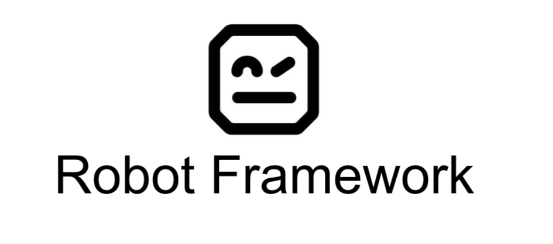Building Scalable Robot Framework Test Automation: Benefits and Challenges

A unique perspective can be expected by internal testers about the transition to test automation. As they play a unique role, thereby supporting both operational and development teams. The business requirements can be witnessed being translated into code. The Robot framework is one such important framework that makes the most out of test automation. It is considered to have low maintenance costs and is easier to set up. In this article, you will get to know how to build a scalable robot framework along with its benefits and challenges. What is a Robot framework? It is an open-source, Python-based Robotic Process Automation (RPA) tool used for teams that work on ATDD (Acceptance Test Driven Development). Test cases (scripts) can be easily automated using this tool. It comes with a set of standard test libraries so that the interaction with the operating system can be eased, thereby providing common assertions etc. As it is built using Python, it can be further extended using Java or...


